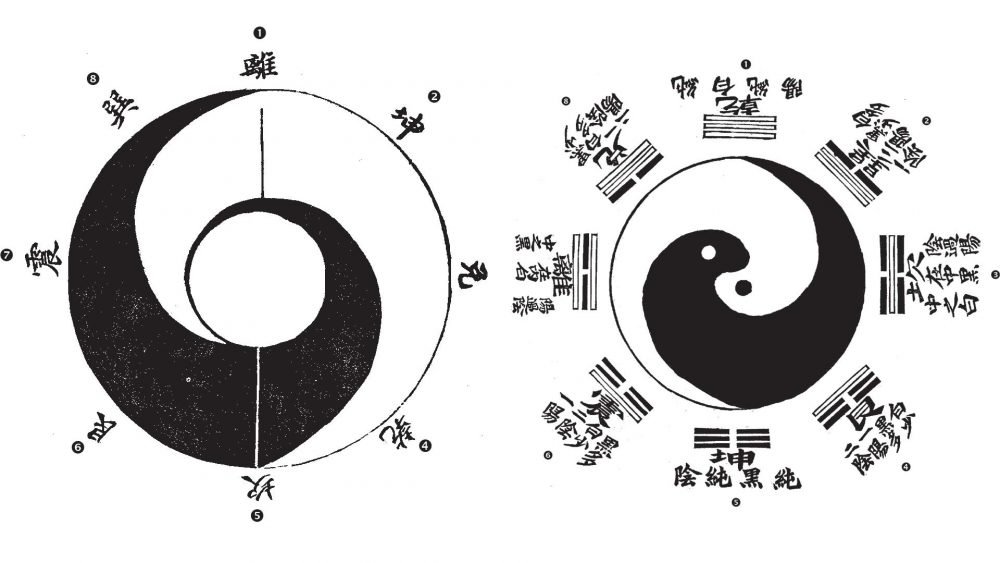
Gut Health and the Spleen
In Traditional Chinese Medicine
Written By Sonia Blough
Traditional Chinese Medicine (TCM) is a complex philosophical and medical system that has been practiced for centuries in the East. For many in the Western world, it remains a foggy concept related to acupuncture and martial arts. Traditional Chinese Medicine can be understood in terms of yin and yang, the five elements, and the meridian systems in the body: overall, it is an approach to understanding health that focuses on energy and sees all the body, mind, and spirit as interconnected. The complexity of this school of thought makes it hard to simplify, yet bringing greater understanding of this Eastern perspective towards well-being to complement hegemonic Western frameworks offers an incredible opportunity to develop greater understanding of our own bodies and the world around us.
The past few years have been filled with “revolutionary” research in Western medicine in relation to the microbiome and gut health, deepening our understanding of the central role that the gut plays not only in digestion and absorption of nutrients, but also in mood, cognitive ability, and emotional wellbeing. Traditional Chinese Medicine considers the connections between the gut and the brain, as well as organs and emotional manifestations more generally, to be a foundational basis for understanding health and treating illness. In terms of gut health, TCM considers the Spleen as the organ system that is in charge of digestion and assimilation, or what we in the West would associate with gut functions.
Imagine a garden where the soil is covered with bits of litter and the available water has bits of runoff chemicals inside. While some weeds may be able to survive in these conditions, a beautiful and bountiful garden seems improbable if not impossible with such a weak foundation.
The gut is no different: overconsumption of processed and pesticide-laden foods litter the proverbial soil inside of us. Just as soil health is important to agriculture and the nutrient availability of foods, our Spleen health is the foundation for overall wellbeing.
The Spleen is an organ that often gets overlooked in Western medicine. A rudimentary google search of “Spleen” results in suggestions that “it is important for immune health” but “you can survive without it.” In Traditional Chinese Medicine, the Spleen takes on a much broader role: it is the center of the Spleen organ system, which is in change of the basic body functions of digesting and storing food. Without a strong, functioning Spleen system, the food we eat cannot be transformed into energy and that energy cannot be transported throughout the body.
In Traditional Chinese Medicine, “the School of the Stomach and Spleen” is an approach to eating that strengthens these organ systems. Here, the Spleen in tandem with the stomach refers to the broader digestive system, where the Spleen is considered to purify food, rule the transportation and transformation of food into qi (“life force”) and blood, feed the limbs, nourish the flesh and muscles, and house the spirit/intellect. In this more esoteric conception of the digestive system, the Spleen is the basis of all digestive power.
What is the Spleen?
Being “Spleen Qi Deficient” or having “Spleen Dampness” are two of the most common diagnoses in TCM. Digestive issues from IBS and leaky gut to bloating to food sensitivities would fall under the umbrella of Spleen imbalances in TCM.
These imbalances are triggered by common patterns in the typical Western diet: excess sugar/processed carbohydrate intake; eating too late at night, too quickly, or inattentively; eating without routine; eating too many cold foods; and consuming too much alcohol/coffee/other toxins. The symptoms of Spleen imbalances include brain fog, bloating, abdominal pain/distention, diarrhea, anemia, headaches, fatigue, inflammatory digestive problems (IBS), weight issues, and circulation issues, among others.
Treating Spleen imbalances starts with developing routine around eating warm, simple foods with consciousness. In terms of diet, you can strengthen Spleen function by eating consistently, adding more well-cooked grains and root vegetables to your diet, and avoiding cold foods and drinks. Cooked porridges and soups, like congee or pho, are a good place to start to nourish your digestive fire.
Imbalances in the Spleen (Gut)
The Spleen/Stomach digestive network is also connected to the emotion of worry, and this can provide a clear example of how physical and emotional patterns work cyclically and influence each other. Research shows that stress inhibits digestion, as the body cannot fully process and assimilate foods when the nervous system is in a sympathetic state. Stress has been linked to bloating, loss of appetite, constipation, diarrhea, acid reflux, etc. Unsurprisingly, these symptoms are also associated with weak Spleen function, which can be a result of overthinking (stress!).
Language also corroborates this connection: a stressful situation is colloquially described as “gut-wrenching” or said to cause “butterflies in the stomach”.
Too much pensiveness and worrying can weaken our ability to digest foods, just as we find is hard to “digest” our life situations or circumstances when we feel anxious.
Furthermore, being unable to fully absorb nutrients can result in feeling even more physically imbalanced or fatigued, perpetuating the cycle. Spleen imbalance is also associated with issues setting boundaries and a general lack of self-nourishment. Eating in line with the “School of the Stomach and Spleen” in Traditional Chinese Medicine thus refers to listening to your body, setting boundaries with food and energy, and making the effort to adapt some commonly engrained Western dietary patterns.
In terms of emotional awareness, you can strengthen Spleen function by using mindfulness techniques to manage stress and let go of situations you cannot control. It is important to become more aware of your emotional state before eating and to avoid eating when upset—if you are feeling anxious, try taking 10 deep belly breaths, meditating, or going on a walk before eating.

